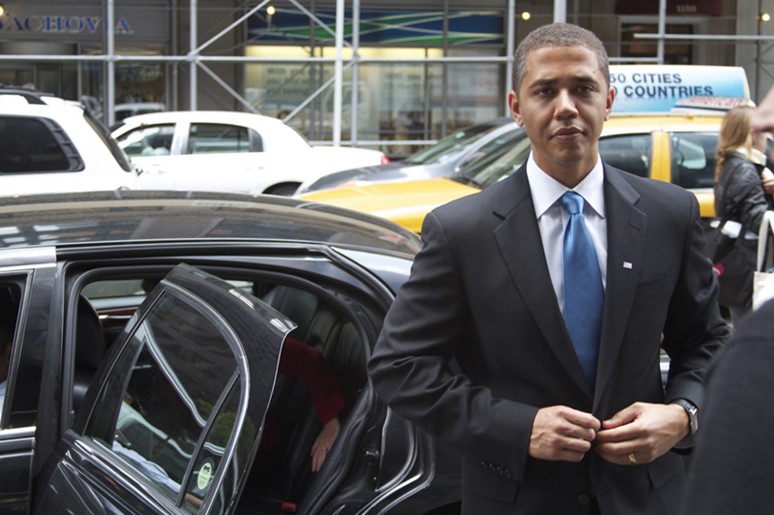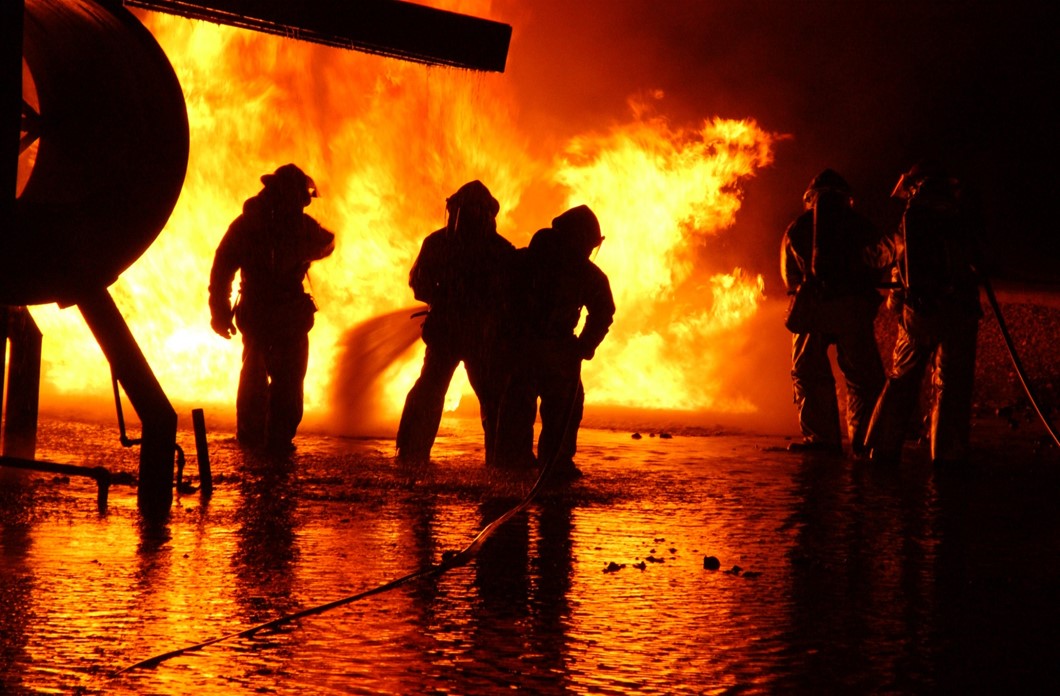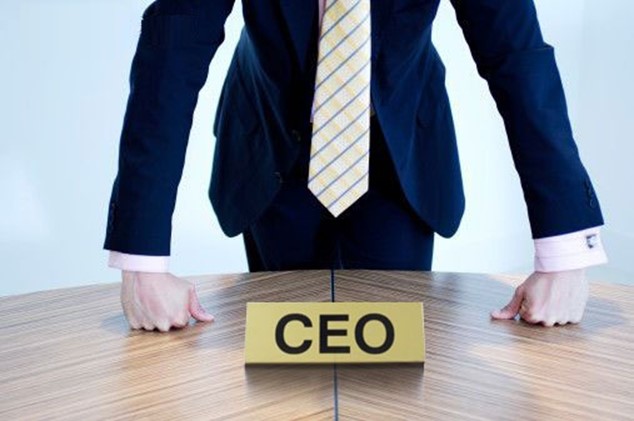A Market Created By Presidential Campaigns
July 22, 2012 in Daily Bulletin, Signature

Alana Semuels outlined a market that gets a boost every time a Presidential election roles around: the demand for candidate impersonators:
- There is a lot of competition in the candidate impersonation business because the profits are so lucrative. Reggie Brown, an Obama impersonator (pictured above) makes tens of thousands per appearance.
- It’s not just the looks that are important. The voice matters too. People who can mimic the voice of the candidate are more successful since they can always use prosthetics to alter their appearance.
- Aspiring impersonators closely scrutinize their candidate’s media appearances. A Wishful Romney lookalike notices everything from his posture to the smirk he has during debates.
To read more including the life of an impersonator, why they do it, the people who are likely to hire the impersonators, what happens when you put two impersonators together, the role that YouTube plays, and what the founder of the Celebrity Lookalikes Convention has to say, click here.
Source: LA Times
Via: Marginal Revolution

















Join the Discussion! (No Signup Required)